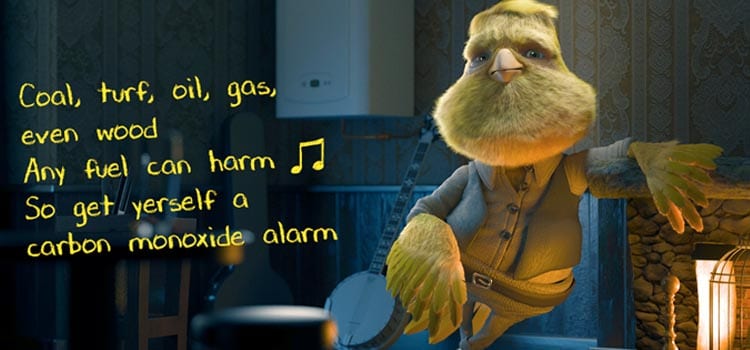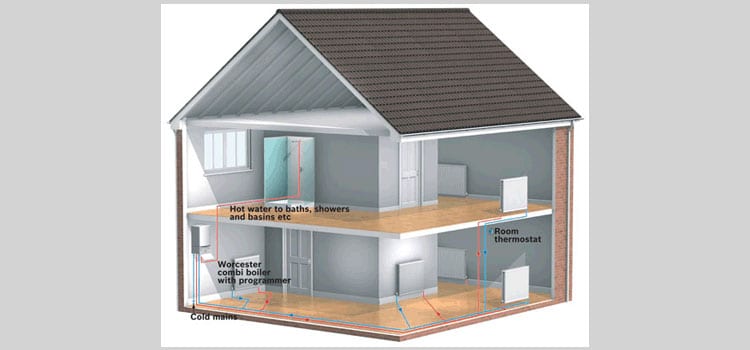Where is the best place to put a carbon monoxide detector?

What is Carbon Monoxide (CO) ? Carbon Monoxide (also known as CO) is a colourless, odourless poisonous gas and is a common yet preventable cause of death from poisoning worldwide. Approximately half of the deaths from unintentional CO poisoning result from the inhalation of smoke from fires. Other significant causes are vehicle exhausts and deaths […]
How Does a Combi Boiler Work?

Combi Boiler / Combination Boiler A combi boiler or ( combination boiler ) is an ingenious space-saving idea and an increasingly popular choice in homes. Combi boilers now account for well over half of all the new domestic boilers installed every year. A combi boiler is both a high-efficiency water heater and a central heating […]